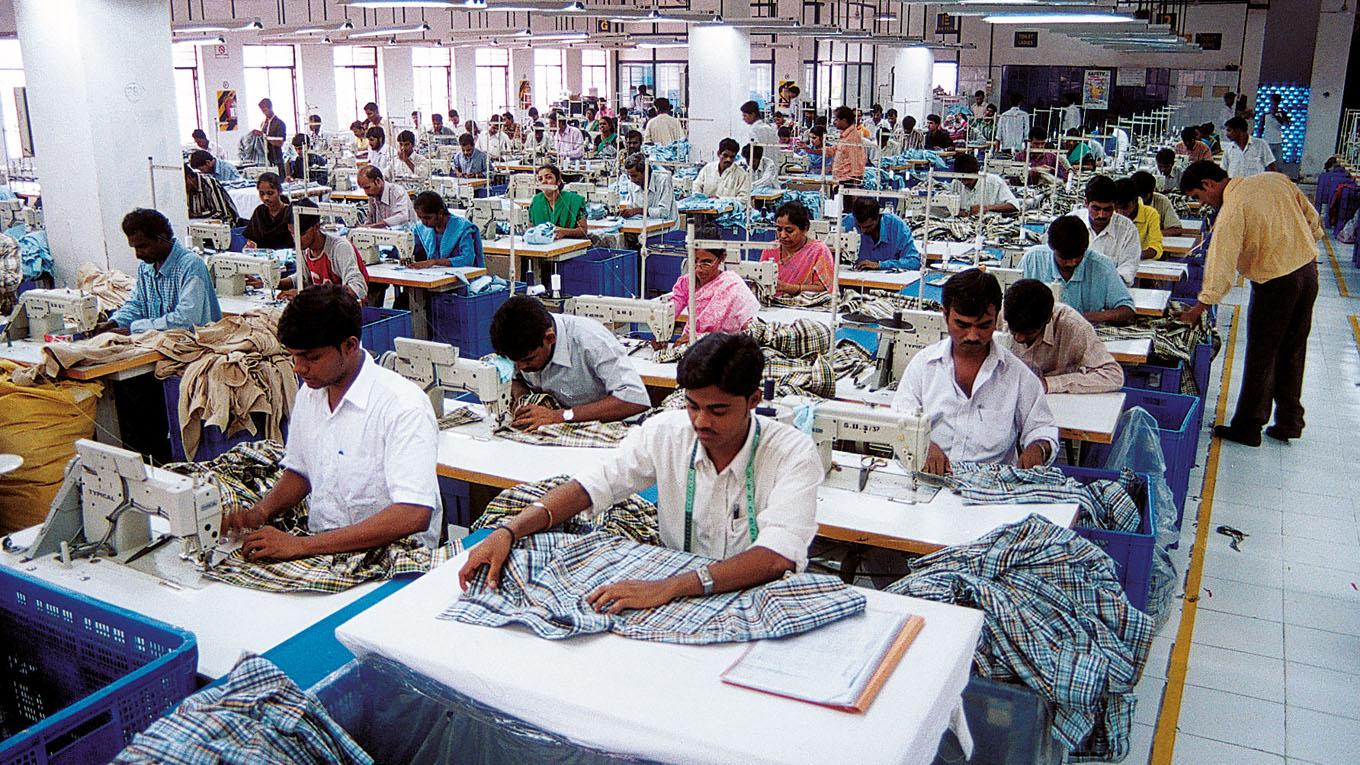The domestic textile and apparel sector has expressed its reservations of the government’s recently announced Rs20-lakh crore stimulus package, even as it has welcomed the measures particularly put out to revive the MSME sector. Industry players are of the view that most of the initiatives in the stimulus package are long term in nature and there is no concrete move in the immediate term to revive the economy in general and the industry in particular. The demand for textiles and apparels in April and May was significantly down by more than 60 per cent in the domestic market, even as export orders have been getting cancelled or put on hold. As the lockdown restrictions continue with some calibrated relaxations across domestic and global markets, experts say that the demand in the current fiscal is likely to be down by at least around 35 per cent and this low demand situation will severely impact the domestic textiles and apparel industry that has already been in difficult times for the last few years now. The Clothing Manufacturers Association of India (CMAI) has said that the whole effort to revive the garment sector by way of the MSME package will not yield the desired results as one of the key links of the value chain – retailers and traders – is not registered under MSME and hence they will not be able to avail the much-needed benefits of the package. “Since the entire value chain is impacted, the support package has to be made available to the entire textile and apparel value chain. The ongoing restrictions have already crippled businesses and hence they are the ones who should be bailed out or else in the absence of demand from retailers, the supply side will not see the recovery,” says Rahul Mehta, immediate past president and chief mentor at CMAI.
-

Demand has fallen for textiles and apparels. Photo credit: Sanjay Borade

































